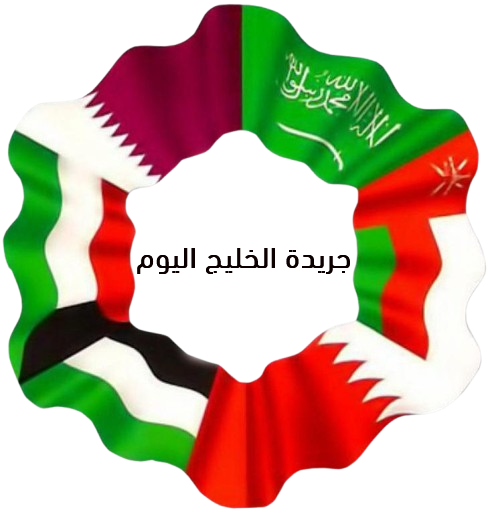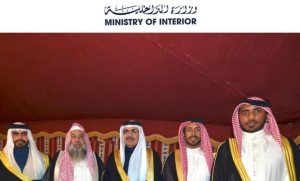1. What are the key opportunities for Estonian food and beverage products to penetrate the broader GCC market, and how does Saudi Arabia’s leadership in the region shape this dynamic?
The Kingdom’s leadership in economic and trade activities makes it an ideal starting point for Estonian brands looking to enter the region. The growing demand for sustainable, organic, and health-conscious food products aligns perfectly with Estonia’s expertise in these areas. Additionally, Saudi Arabia’s commitment to diversifying its economy and increasing foreign investments creates an open environment for Estonian companies to introduce their innovative products. As Saudi Arabia continues to lead the region in food security and sustainability initiatives, Estonian brands could establish a significant foothold by offering eco-friendly, high-quality options that resonate with local values.
2. How can Estonia’s expertise in sustainability and innovation contribute to Saudi Arabia’s Vision 2030 goals of diversifying its economy and achieving food security?
Estonia’s commitment to sustainability and innovation presents valuable opportunities for Saudi Arabia’s Vision 2030, particularly in economic diversification and food security. Estonia’s expertise in organic farming, sustainable production, and advanced food technologies can aid Saudi efforts to reduce dependency on food imports and build a more resilient, self-sufficient food system. By leveraging Estonian innovations in functional foods, plant-based alternatives, and circular economy practices, Saudi Arabia can diversify its agricultural sector, enhance local food production, and promote sustainability. Estonia’s leadership in environmentally responsible practices complements Saudi Arabia’s ambition to become a global leader in sustainable development.
3. Which Estonian food and beverage products have gained traction across the GCC, and how can their success be scaled up in Saudi Arabia’s rapidly growing market?
As consumer preferences in the GCC shift towards health-conscious, organic, and functional foods, Estonia’s food industry has a unique opportunity to adapt. By closely monitoring local trends in Saudi Arabia, such as the increasing demand for plant-based and functional products, Estonia can refine its offerings to align better with the tastes and dietary needs of Saudi consumers. Furthermore, the growing consumer interest in transparent sourcing and high-quality ingredients presents an opportunity for Estonian brands to emphasise their commitment to purity, traceability, and environmental sustainability. By understanding these consumer priorities, Estonia can improve product formulations and marketing strategies to meet the specific demands of the Saudi market.
4. What collaborative opportunities exist between Estonia and Saudi Arabia in developing innovative, health-focused food products that cater to GCC-wide trends, such as organic and functional foods?
Estonian food and beverage products that prioritise health, sustainability, and organic ingredients have already seen success in the GCC, with brands like YOOK and TFTAK gaining traction for their innovative offerings. To scale up their presence in Saudi Arabia’s growing market, Estonian companies should focus on building partnerships with local distributors and retailers who understand the market dynamics. Customising products to meet Saudi preferences, whether through packaging, flavours, or functional benefits, will also be key to expanding their footprint. Additionally, increasing awareness through targeted marketing campaigns that emphasise the values of sustainability, health, and quality could further solidify the reputation of Estonian brands in the Kingdom.
5. How important is the concept of “Pure Food” to global consumers, particularly in the Gulf markets?
The concept of “Pure Food” is increasingly significant to global consumers, especially in the Gulf markets, where there is a rising demand for high-quality, organic, and sustainable products. Consumers in the GCC are becoming more conscious of the health benefits associated with pure and traceable ingredients, driven by heightened interest in wellness and environmental responsibility. Estonia’s focus on purity, demonstrated by its high percentage of certified organic farmland and adherence to stringent quality standards, aligns well with these consumer priorities.





